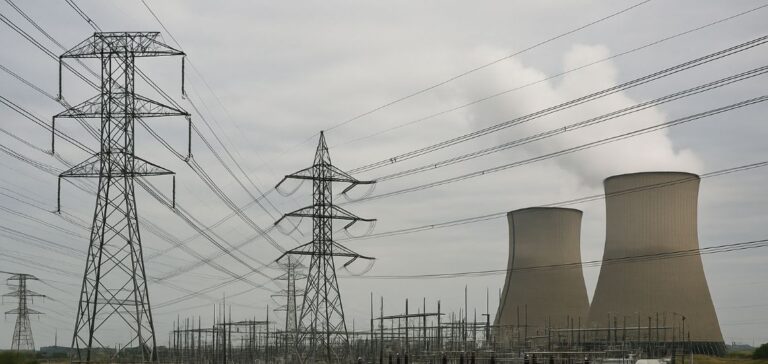The Exeltium consortium has announced its readiness to resume talks with Électricité de France (EDF) to negotiate a new power supply contract, following on from the Exeltium 1 deal, which is set to run until 2034. The statement was confirmed on April 30 by the consortium’s spokesperson, Fabrice Alexandre, who told AFP: “We are eager to resume discussions and hope to see them concluded before the summer.”
Towards a new long-term agreement
The initiative follows several months of stalled dialogue between EDF and its major industrial clients, during a transitional period in EDF’s executive leadership. The implicit support from Bernard Fontana, the candidate nominated to succeed Luc Rémont as EDF’s new chief executive, who appeared before the Senate, signals a potential easing of tensions. Exeltium, established in 2006, brings together 24 companies operating more than one hundred industrial sites in France, including Air Liquide, TotalEnergies, ArcelorMittal and Arkema. These electro-intensive companies have pooled their energy demand to secure more predictable supply terms.
Under the Exeltium 1 agreement, the consortium was granted access to 148 terawatt-hours of electricity over 24 years. In return, they made an upfront payment of EUR1.74bn ($1.86bn), along with an annual price supplement linked to the operating costs of France’s nuclear fleet. This model, approved by the European Commission on the condition that the group remained closed to new entrants, provided greater cost visibility to participating industries.
Arenh phase-out and contract outlook
The renegotiation of a new Exeltium 2 contract would take place in the broader context of the scheduled end of the Regulated Access to Historic Nuclear Electricity (Accès régulé à l’électricité nucléaire historique, Arenh) scheme, which is due to expire by the end of 2025. This mechanism allowed certain industrial buyers and electricity distributors to obtain a share of their electricity at regulated prices. According to Exeltium, the consortium has so far consumed only about two-thirds of the volumes initially allocated under the Exeltium 1 contract.
To prepare for the transition, Exeltium established a new legal entity on April 24. The aim is to implement a new agreement that could begin on 1 January 2026, in alignment with the timeframe already approved by the European Commission. The new arrangement would extend access to price-stabilised electricity while adapting terms and volumes to current market conditions.
Dialogue reopens with incoming leadership
Under the previous EDF leadership, negotiations had been suspended. “It wasn’t working,” said Fabrice Alexandre, noting the shift in tone since Bernard Fontana’s nomination. Fontana told Parliament he was “focused on quickly identifying available room for manoeuvre” in order to finalise agreements, pointing to a more constructive approach.
All industrial members of the Exeltium consortium continue to seek stable, long-term energy supply solutions amid an increasingly volatile wholesale electricity market and evolving European regulatory policies.






















